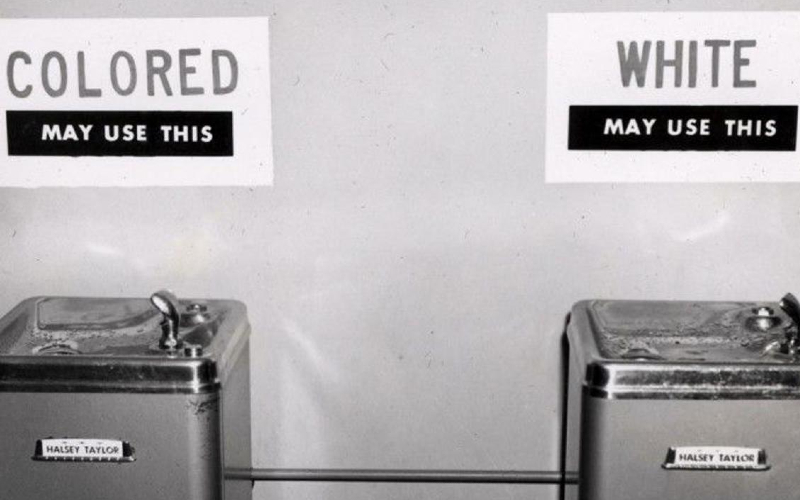The historic Ivy League campus, which dates back to the 1600s, has a past that is entangled with the immoral but then-legal customs of that era, including using black slaves to serve past university presidents and the student body. That past has never been denied or covered up by the university but Harvard, under pressure to atone for its past, published a report that documents how the school was involved in the New England slave trade.
In a statement defending the $100 million pledge, Harvard’s president acknowledged the Cambridge, Massachusetts university is making a “significant commitment” to address its shameful past.
“Slavery and its legacy have been a part of American life for more than 400 years,” the university president, Lawrence Bacow, said. “The work of further redressing its persistent effects will require our sustained and ambitious efforts for years to come."
Responding to Harvard’s financial commitment, former Princeton professor Dr. Carol Swain told Fox News the history of Harvard also includes being an example to other New England campuses.
“It graduated its first black student in 1870,” Swain said. “It has never discriminated against qualified black students, which has meant that it's always had black graduates, (and) in 1959, it admitted 18 black students."

The state supreme court of Massachusetts abolished slavery in the state in 1783, nearly 240 years ago.
Harvard’s pledge to address its past is part of a student-led movement on numerous campuses demanding everything from more minority hirings, and increased funding for minority student groups, to the removal of building names, portraits, and statues of wealthy, long-dead white men who were entangled in the slave trade three centuries ago. On the Harvard campus itself, a new law school seal was adopted in 2021 after students protested the former seal of the wealthy and slave-owning Royall family. Isaac Royall Jr. endowed the first law professorship at the university.
But the ongoing promise to address the past is also facing a never-ending demand: A Harvard Crimson op-ed co-written by three Harvard black student leaders tells incoming black students “you will have to deal with the feeling that your discontent is because you are black, and Harvard was never meant for black people.”
In the Fox News interview, Swain said Harvard ironically is “discriminating” against one its own distinguished black professors, economics professor Roland Fryer, after he angered the liberal campus with published conclusions about race that contradict the majority --- and accepted --- views of the Left.
An op-ed defending Fryer, published by The New York Post, says the tenured professor angered his colleagues when he published an academic paper in 2006 that challenged the majority view about black-vs-white student achievement in grade school. A study of police violence against blacks was published in 2016.
The 2006 analysis challenged the Left’s race-based claim of “systemic racism,” op-ed writer Peter Wood wrote, and the 2016 paper challenged the “Black Lives Matter” movement that condemned police. Fryer has now been punished over accusations of sexual harassment in a faculty hearing that included two black professors angered by his writings.
"Instead of focusing on the sins of the past,” Swain told the cable news channel, “[Harvard] can actually do something about a present sin of discrimination against someone because of their viewpoint, their viewpoint and their race.”














